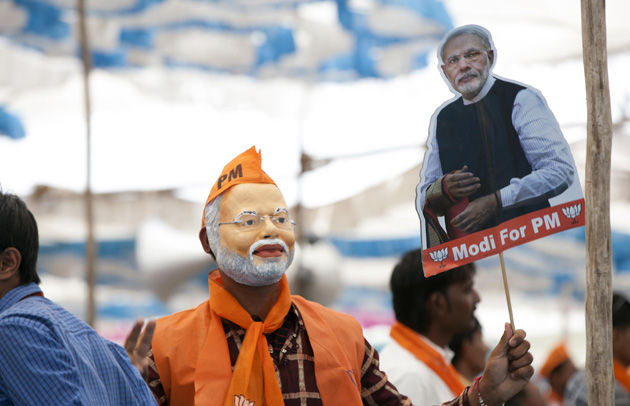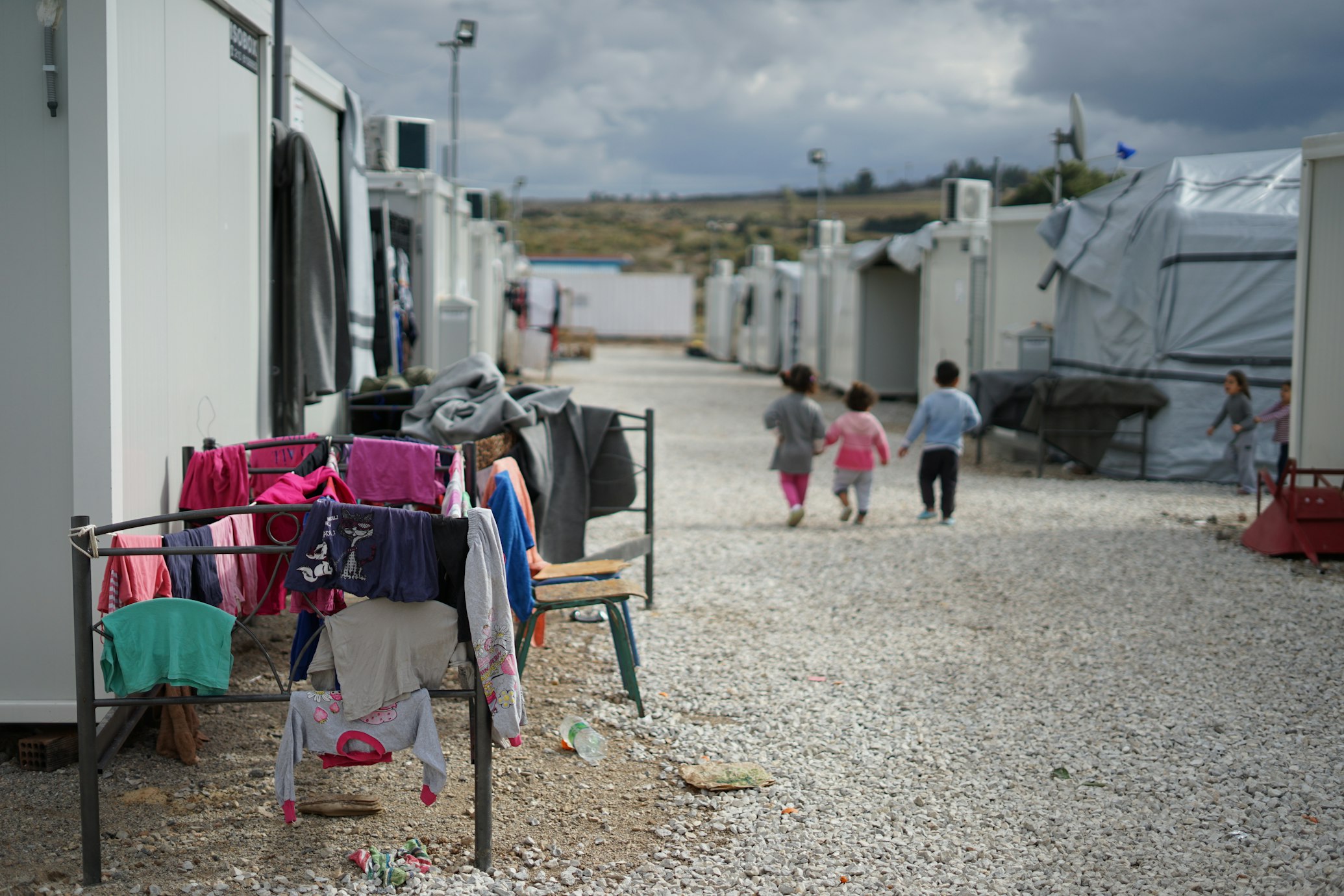Democracy and Disinformation- Indian Fake News Will Decide World’s Largest Election

The largest democratic undertaking in human history is about to unfold as India’s national elections will take place in seven phases spread over April and May. While voters decide who should be their representatives in the lower house and furthermore their next leader, an increasingly troubling question is looming over the Lok Sabha Elections: how vulnerable is it to the kind of social media manipulation that has recently been seen in Indonesia, Europe and the United States? The around 900 million voters cast a basis for reflection of the integral abstraction, complication and contradiction of democracy, as disinformation is endangering the Indian elections of 2019.
With the Lok Sabha elections coming up, it is critically important that Indians have direct access to credible and trustworthy information. The instability in the disputed region Kashmir depicts how fragilely the process of news provision is maintained by authorities. After the Pulwama attack, a suicide bombing against Indian security forces in Kashmir this year, social media and messaging apps were flooded with false and misleading content as people tried to make sense of the horrible violence. A message began circulating in WhatsApp groups, that appeared to promote the Prime Minister Narendra Modi’s governing Bharatiya Janata Party, across the country. It is claimed that a leader of the Indian National Congress Party, the national opposition, had promised a large sum of money to the attacker’s family, and to free other terrorists from prison, if the state voted for Congress in upcoming parliamentary elections. Observing the gradual spreading of propaganda created by the country’s political parties, speculations about the impacts on the upcoming national elections are to be investigated.
Internet usage in rural areas has exploded since the last election in 2014, fueled by the world’s lowest mobile data prices. Therefore, India poses a particularly complex problem for Facebook. It is WhatsApp’s largest market, with as many as 230 million Indian users, and a place where users forward more content than anywhere else in the world. Based on survey responses, the BBC found that many Indians “relied on markers like the kind of images in a message or who sent it to them in order to decide if it was worth sharing. As a result, messages from close friends and family members were often assumed to be trustworthy, regardless of whether they actually were.
Recently, research conducted by the Hindustan Times has found that the rising tide of nationalism and nation-building in the country is a crucial driver of fake news, and vice versa. The research moreover found that there was also an “overlap” of fake news sources on Twitter and support networks of Prime Minister Narendra Modi. The results showed a strong and coherent promotion of right-wing messages, while left-wing fake news networks were loosely organised, if at all, and less effective. Eroding trust in mainstream news media has pushed users to spread stories from alternative sources, which are often incorrect. In the lead-up to the vote, Facebook has removed hundreds of accounts and pages for misleading users. WhatsApp, meanwhile, has launched a service to verify reports sent in by users and to study the scale of misinformation on the platform. Disenchant paradoxicalities seem to define a discrepancy between pluralist democratic news provision and the respective goals, for example security, stability, and prosperity, democratic means intent to accomplish. The scale and effect of fake news are not to be outlined until after the elections, however the idea that people’s socio-political identities, national pride and nationalistic feelings seem to influence their consumption and sharing of fake news seem to affect their critical thinking, fake news will need to be handled as a social problem. Values as duty, credibility and identity are allocated to the Indian citizen being part of a democratic system, it is however to be disputed whether individuals can contrive the responsibilities in an effective but moreover ethical manner. The question that subsequently arises regards who will be accountable for the deficiency of fact-checking? Although access and critical outlook towards news provision by individuals have proven to be inadequate, democracies cannot allocate this responsibility to the authorities as news-selection, entering the territory of censorship, contradicts democratic values. In this case, to “blame social media and WhatsApp would be to shoot the messenger”, says the Indian Express.
Featured Image:
Prime Minister’s Office, Government of India (https://commons.wikimedia.org/wiki/File:Man_wearing_a_Narendra_Modi_mask_at_an_election_rally_in_Gujarat.jpg), „Man wearing a Narendra Modi mask at an election rally in Gujarat“, https://creativecommons.org/licenses/by-sa/2.0/legalcode



